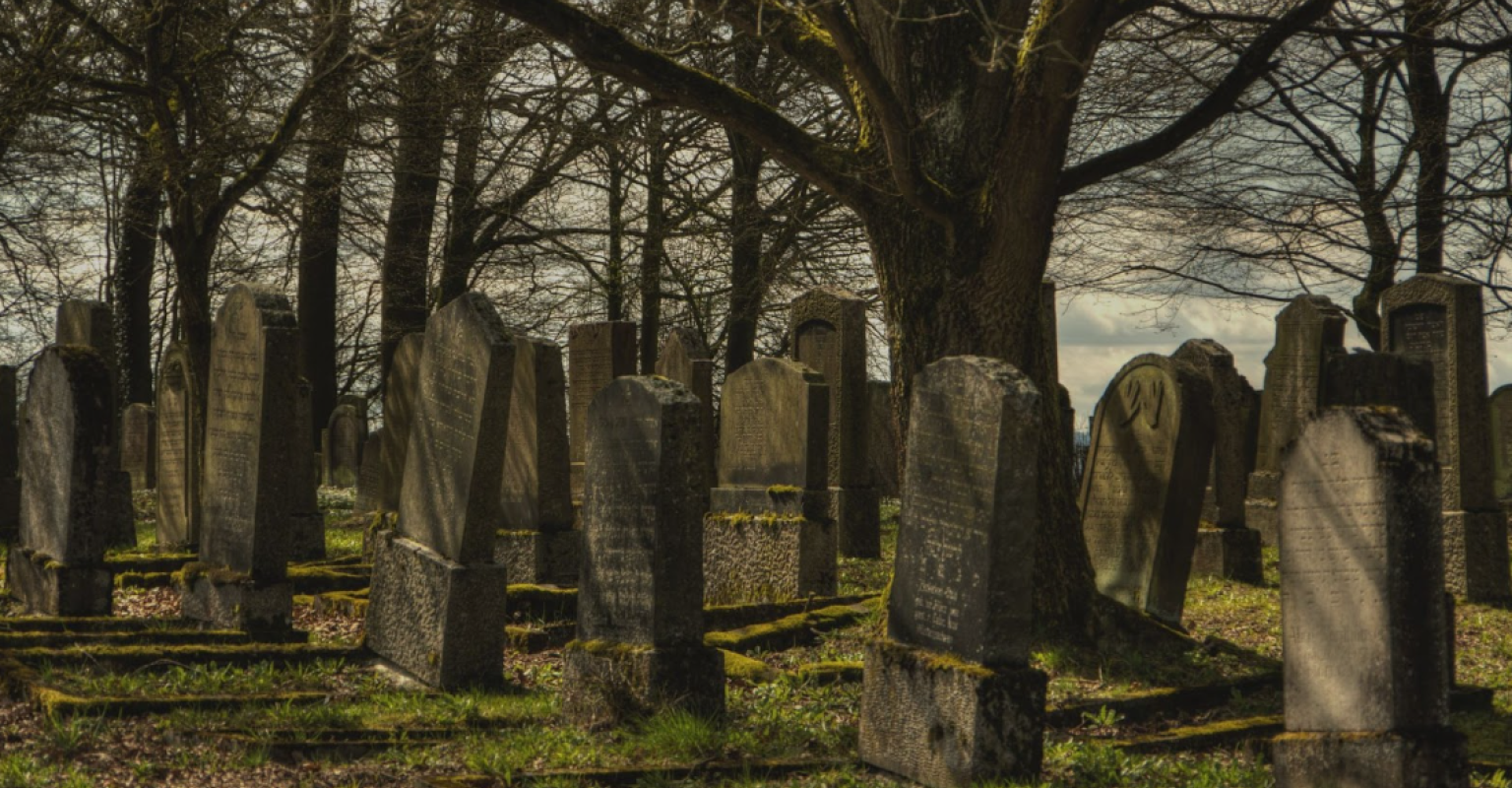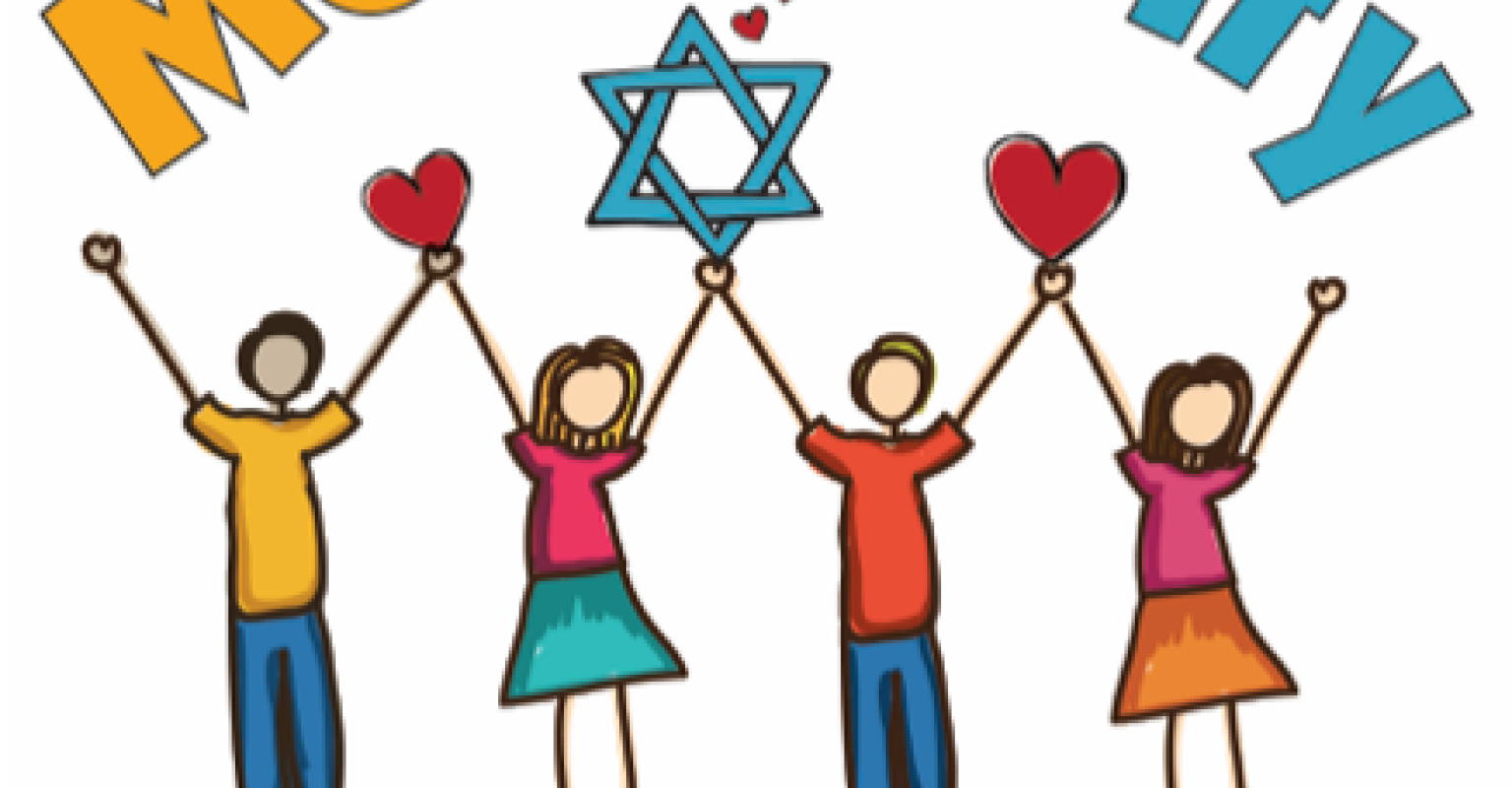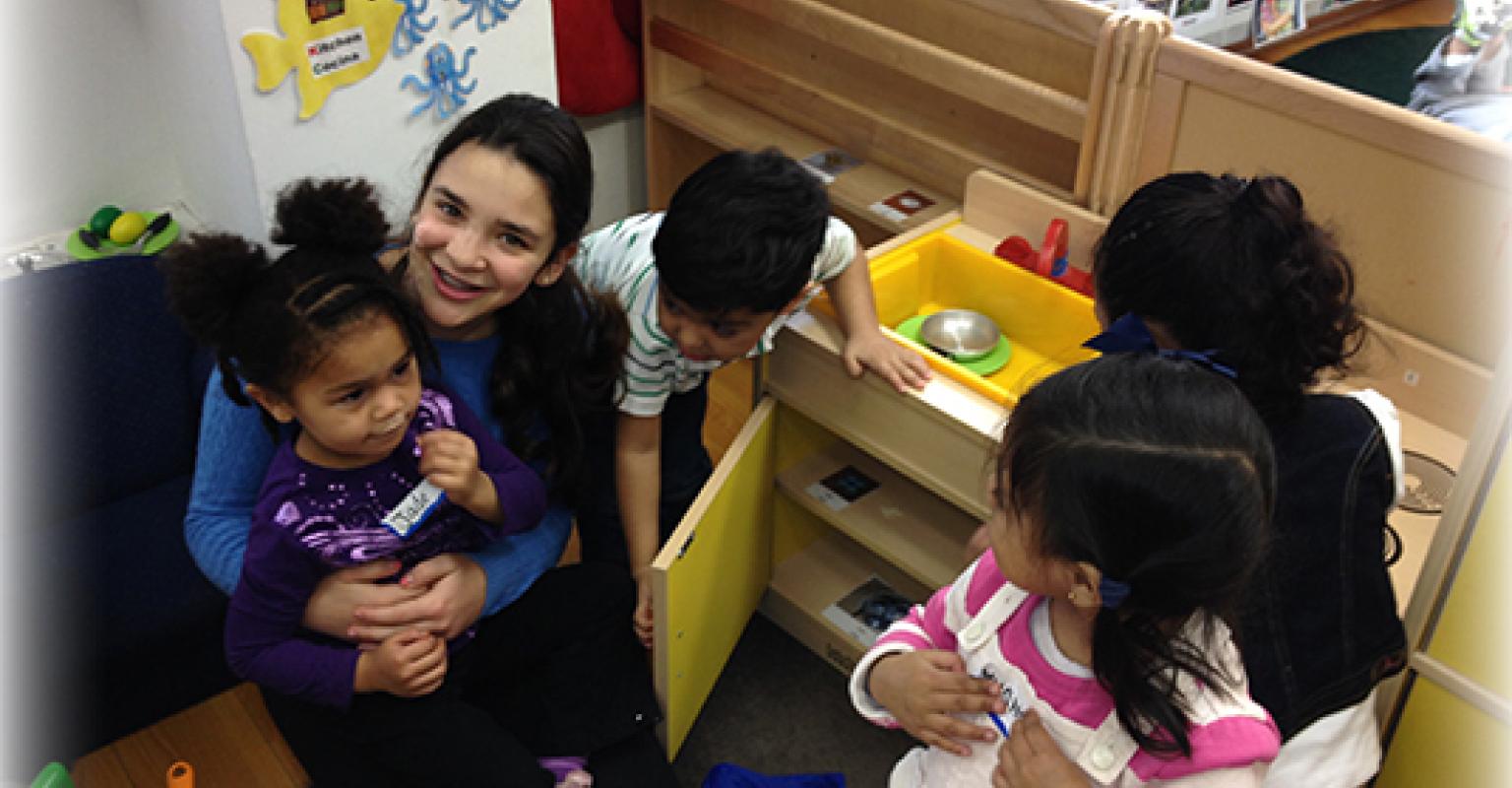How to Organize a Panel Discussion about End-of-Life Planning for Parents of Young Children
This educator resource explains how to organize a family program (for adults) about end-of-life planning documents. The program goal for participants is to learn about (and later complete) necessary legal and healthcare paperwork based on their values and preferences and as guided by Jewish wisdom. This program can be adapted for a mix of program settings, from preschools to Hebrew schools and JCCs or any cohort of parents, and tailored to a range of formats, from a single session to a workshop series.
Programs about end-of-life planning aren’t often designed for parents with young children, whether out of fear of talking about death, superstitions, or perceived lack of relevance or interest to this demographic. Offering a program tailored for this “unlikely” audience normalizes the process of talking about death, for all ages and stages in life. Using a values-based approach during this decision-making process can also help create a family roadmap for living life fully in the here and now, long before end-of-life concerns may be more timely. In the unforeseen event of an emergency, having end-of-life documents completed, and personal wishes communicated to loved ones, can reduce the chaos and burden of a crisis while ensuring care for your family.
- Grief and Death
- Jewish Tradition
- Lifecycle
- Supportive Conversations
- After School Programming
- Camp
- Day Schools and Yeshivas
- Early Childhood
- Family Engagement
Discover more

Resources on death and dying created as part of the Shomer Collective Educator Fellowship.

Mensch-ify is an alternative learning program that is held twice a month for families with children in Pre-K to 6th grade. It is a developmentally appropriate program, built upon the parent-child co-learning experience, that combines stories, songs, art, movement, and play to provide families with the tools they need to live a Jewish life that works for them.

Congregation Emanu-El of NYC. 8th graders explore different ways of doing social justice including fundraising and philanthropy, community organizing and advocacy as well as the Jewish context for these approaches. They volunteer throughout the year.
